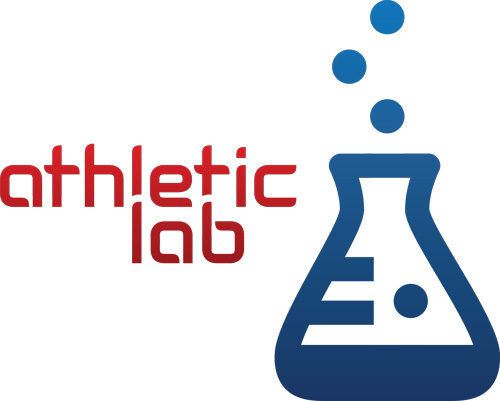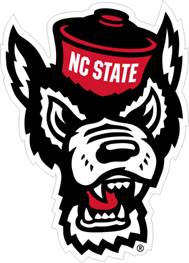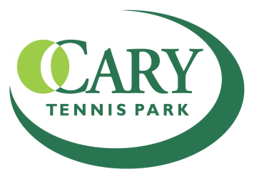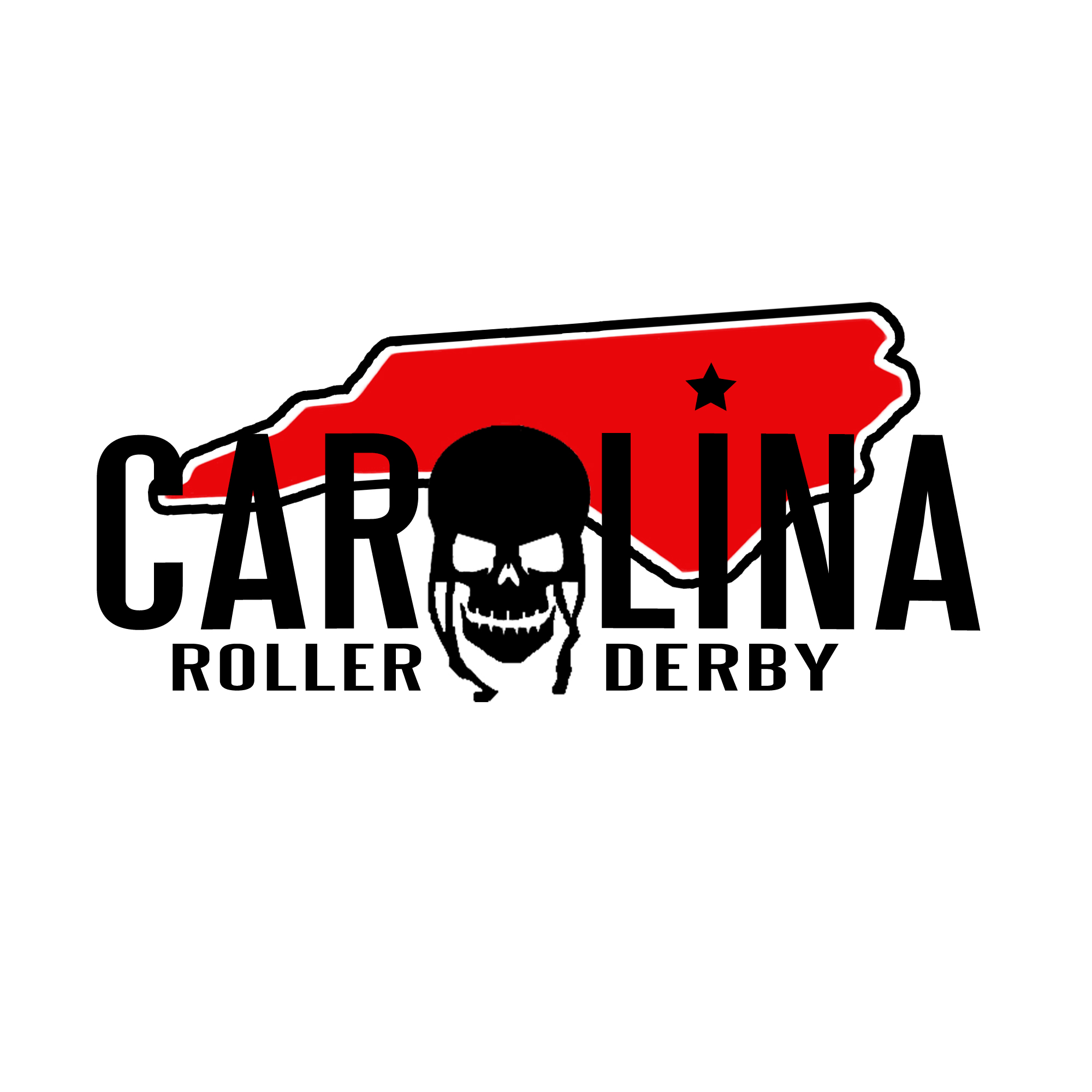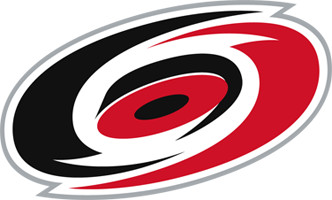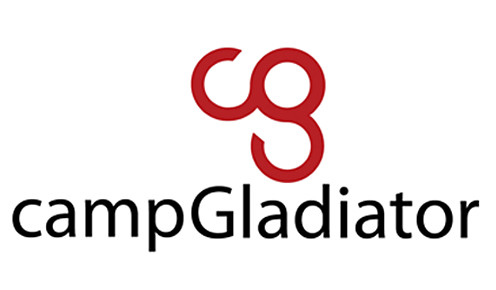By Will Parker, CSCS, USAW, FMS
With the upcoming summer and following fall sports, I wanted to piggy back off a past blog post by one of our Sports Physical Therapists, Dennis Meszler… http://apcraleigh.com/2018/10/08/why-the-off-season/
Firstly, you do not need to be an athlete in the conventional sense (school, team or other specific competitive environment) to have an “off-season.” With that in mind let’s begin by establishing what it means to be “in-season” or “off-season.”
In-Season
– Ones regular routine of movement or stimuli to their body (for example sitting, standing, walking, lifting, etc)
– The primary focus of ones vocation or hobby (a normal work, school or daily routine)
– A fixed time in the year when a particular sport is played (HS Football August through December)
Off-Season
– Ones time of contrast to their regular routine of movement or stimuli to their body (for example Physical Therapy, Corrective Exercise or balanced workout plan)
– The secondary complimentary focus of ones vocation or hobby (taking a vacation, spring/summer break, etc)
– A time of the year when a particular activity, typically a sport, is not engaged in (HS Football January through July)
Your Impact
You maybe asking yourself why is this important and how does it apply to me? Well, whether you sit at a desk for 40+ hours a week or are out on the field/court of play you need to be able to counteract the negative adaptations you elicit from each activity. Let me explain with a couple examples…
•Sitting
While a bio-mechanically advantageous position to rest, the negative effects of prolonged sitting (from driving, work, school, eating, reading, watching tv, etc) result in stiff shortened hip flexors, hamstrings and calves, lack of neurological activity and blood flow to the glutei, poor spinal stabilization and postural control and over reliance on the quadriceps muscles. The resulting consequences of these adaptations tend to be various forms of knee pain, low back compensation, overuse and pain and can even lead to shoulder dysfunction down the road as the kinetic chain (sequence of muscle activation to perform a specific task) continues to degrade.
•Youth Soccer/Baseball
These two sports, among others, are increasingly played all year long in competitive youth. The problem with these situations is mainly two fold: 1) these athletes have not even come close to fully maturing physically to better withstand the demands placed on the body and 2) the same repetitive movements and subsequent muscle usage that occurs from playing these sports develops poor muscular balance and motor pattern gaps. These issues are further compounded when you add in the effects previously described above from sitting.
Benefits of Off Season Performance Training
My first goal for every client I train is to decrease their injury risk. We do this though various evaluations (Physical Therapy Injury Screening, Functional Movement Screen and other appropriate movement and Performance assessments), corresponding Corrective Exercise prescription and by providing a well balanced fitness program based on the specific individuals needs and goals. The second goal I have for every client is to help them improve their Performance in their respective “In-Season” field.
Due to the myriad of intertwined systems in the human body there are many variables that go into creating these fitness programs such as the client’s mobility, tissue quality (soft tissue suppleness), tissue tolerance (concentrically, eccentrically and isometrically), daily movement demands, motor pattern gaps, energy system (anaerobic, glycolytic and aerobic) capabilities/demands, nutritional deficiencies, micro cycles, macro cycles and much more. All of these balanced training stimuli help to make the client’s body more resilient and tolerant to the various controlled and chaotic movements that occur while they are “In-Season.”
While we cannot reduce ones injury risk to zero, we can definitely have a dramatic positive impact on this area. If the negative consequences of ones “In-Season” are not intentionally addressed then they usually end up seeing one of our Doctors or Therapy staff. This situation reminds me of my favorite professor at ECU, Dr David Rowe, now at the University of Strathclyde in Glasgow. His email tag line had this quote by Robin Sharma, “if you don’t make time for exercise, you will probably make time for illness.”
I personally hope to work with YOU on the exercise and Performance side of our services to help you avoid the injury/illness while also accomplishing your goals!
About the Author: Will Parker CSCS, USAW, FMS
Will graduated from East Carolina University in 2006 with a Bachelor of Science degree in Exercise & Sports Science. He became a Certified Strength & Conditioning Specialist (CSCS) through the National Strength & Conditioning Association (NSCA) in 2007. From 2006-2008, Will was an Assistant Strength & Conditioning Coach at NC State University working with Football, Basketball, Baseball, Soccer, Track & Field along with several other teams. In 2012, he earned a United States of America Weightlifting (USAW) Level 1 certification.
Will has worked as a Performance Specialist for Raleigh Orthopaedic since 2006. He has worked with athletes from the NFL, NBA, MLB, NHL, and MLS along with many from Division 1, 2 & 3 Universities. Will specializes in performance evaluation, speed training (acceleration, absolute speed, lateral movement, multi-directional & deceleration), functional strength training (foundation, endurance, hypertrophy, max strength, power, and body composition), injury risk assessment, soft tissue treatment, increasing soft tissue elasticity and goal management.
Will enjoys interacting with his clients, helping them achieve their speed, strength and/or weight loss goals and subsequently set higher goals to work toward.
Email Will to schedule a consultation for personal training or performance training WParker@RaleighOrtho.com




